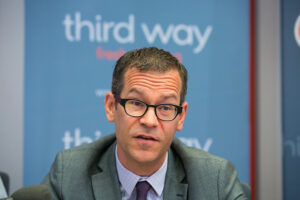
Colin Kahl, President Biden’s pick for the top policy job at the Pentagon, faced tough scrutiny from Republican lawmakers during his confirmation hearing Thursday over previous social media posts criticizing the Trump administration and for his role in crafting the Iran Nuclear Deal. Kahl, who served as the national security adviser to the vice president during the Obama administration, assured the Senate Armed Services Committee he would remain non-partisan in the role if confirmed and offered his support for nuclear…

 By
By 











